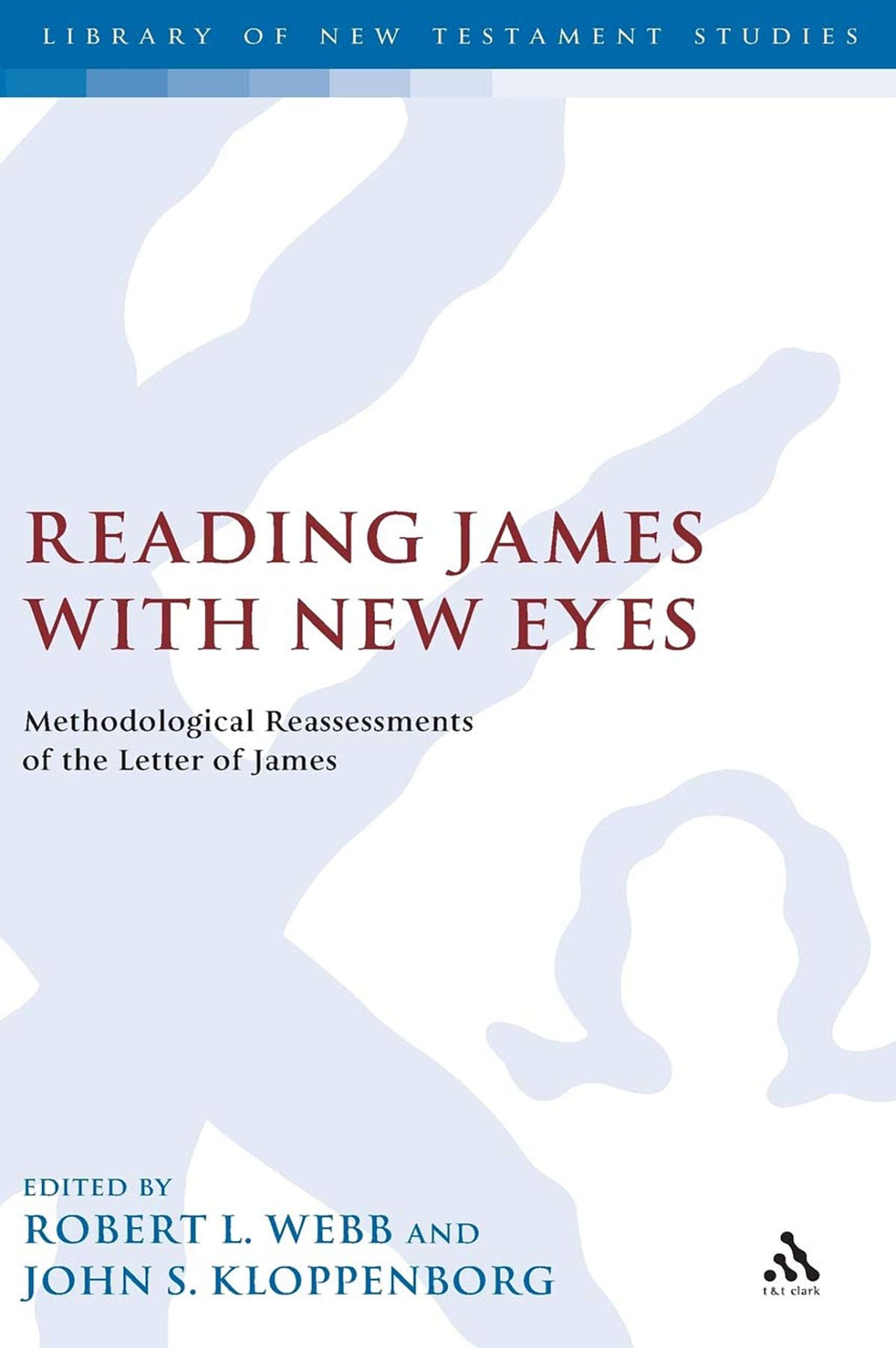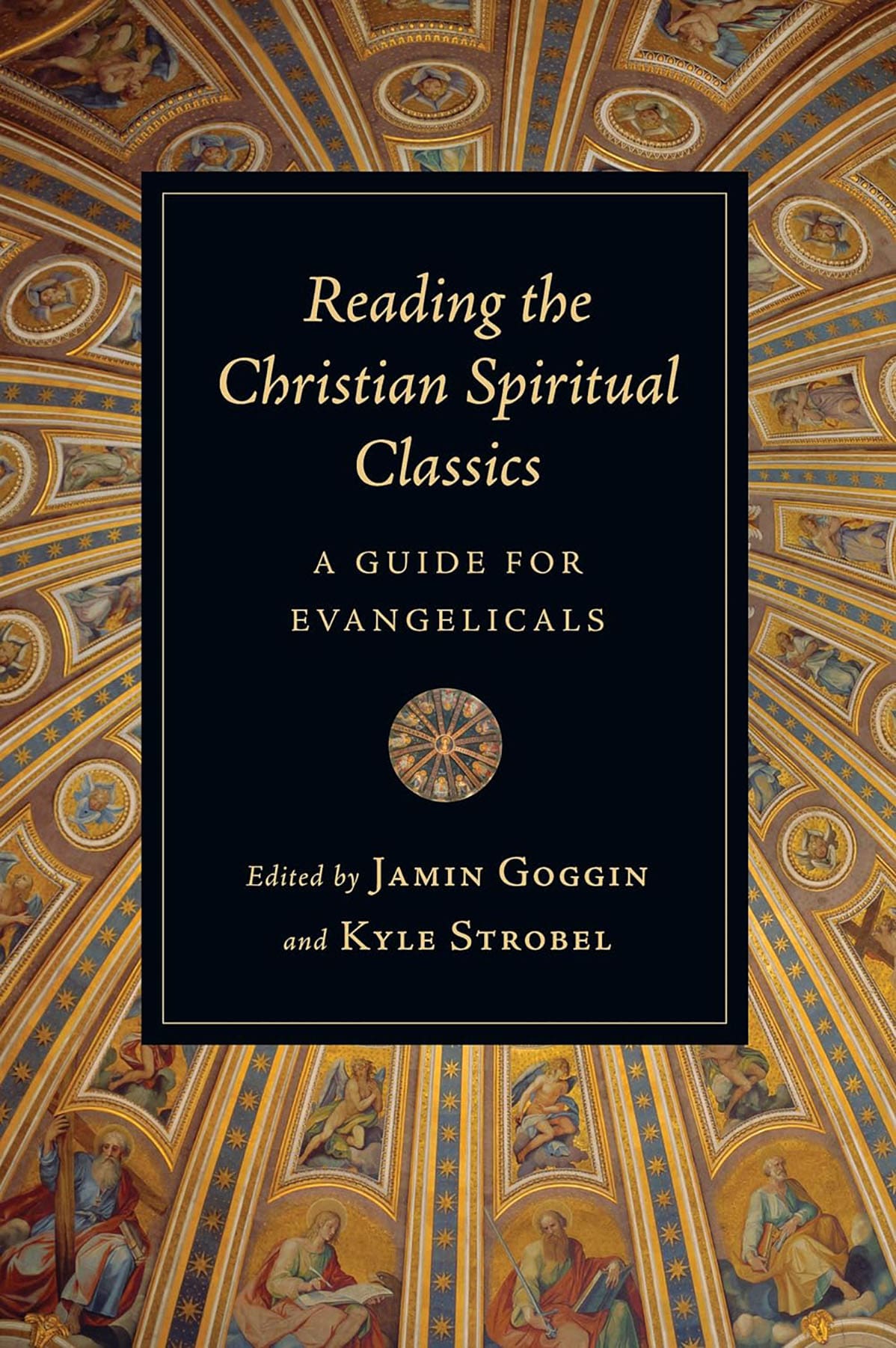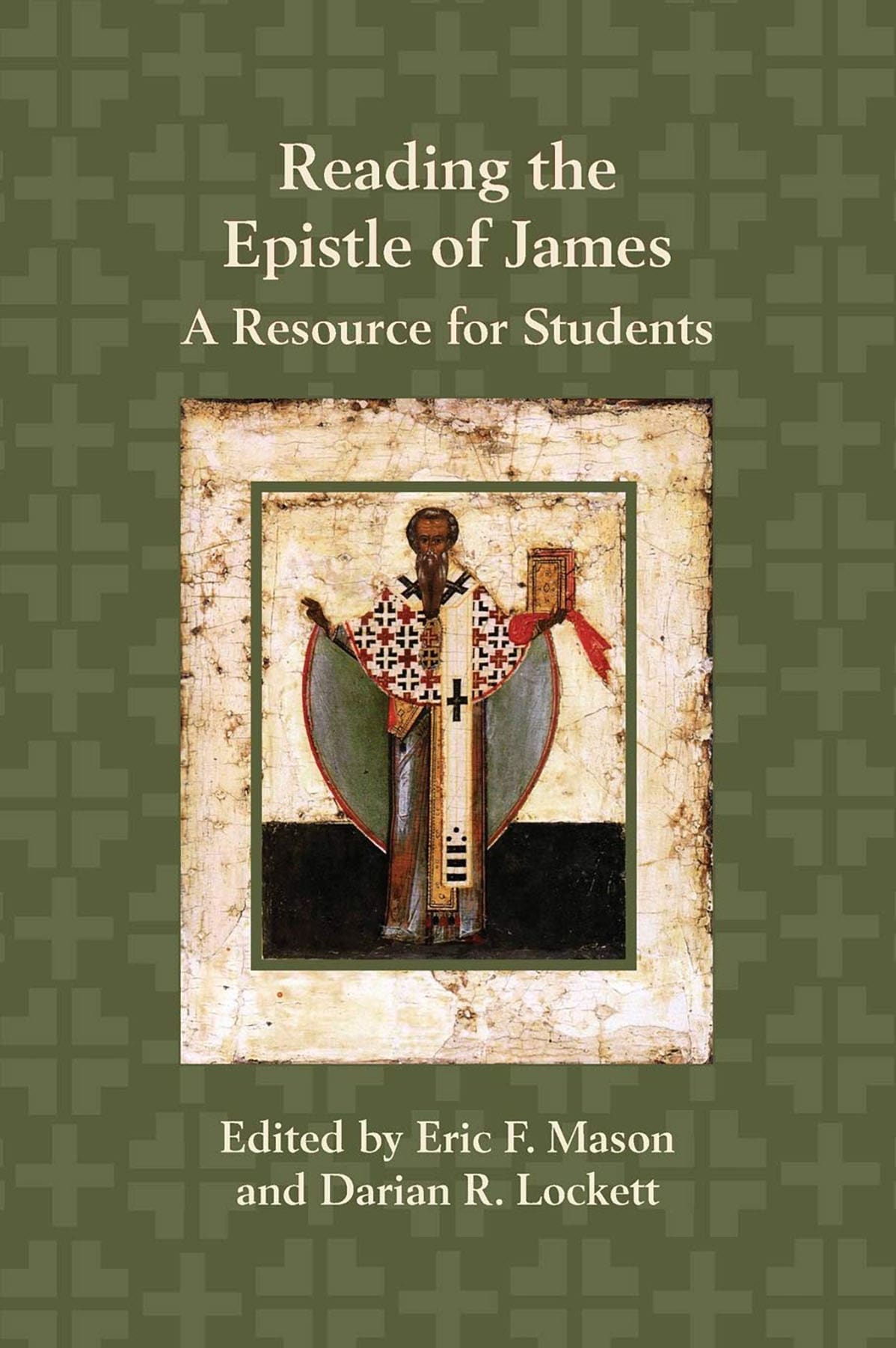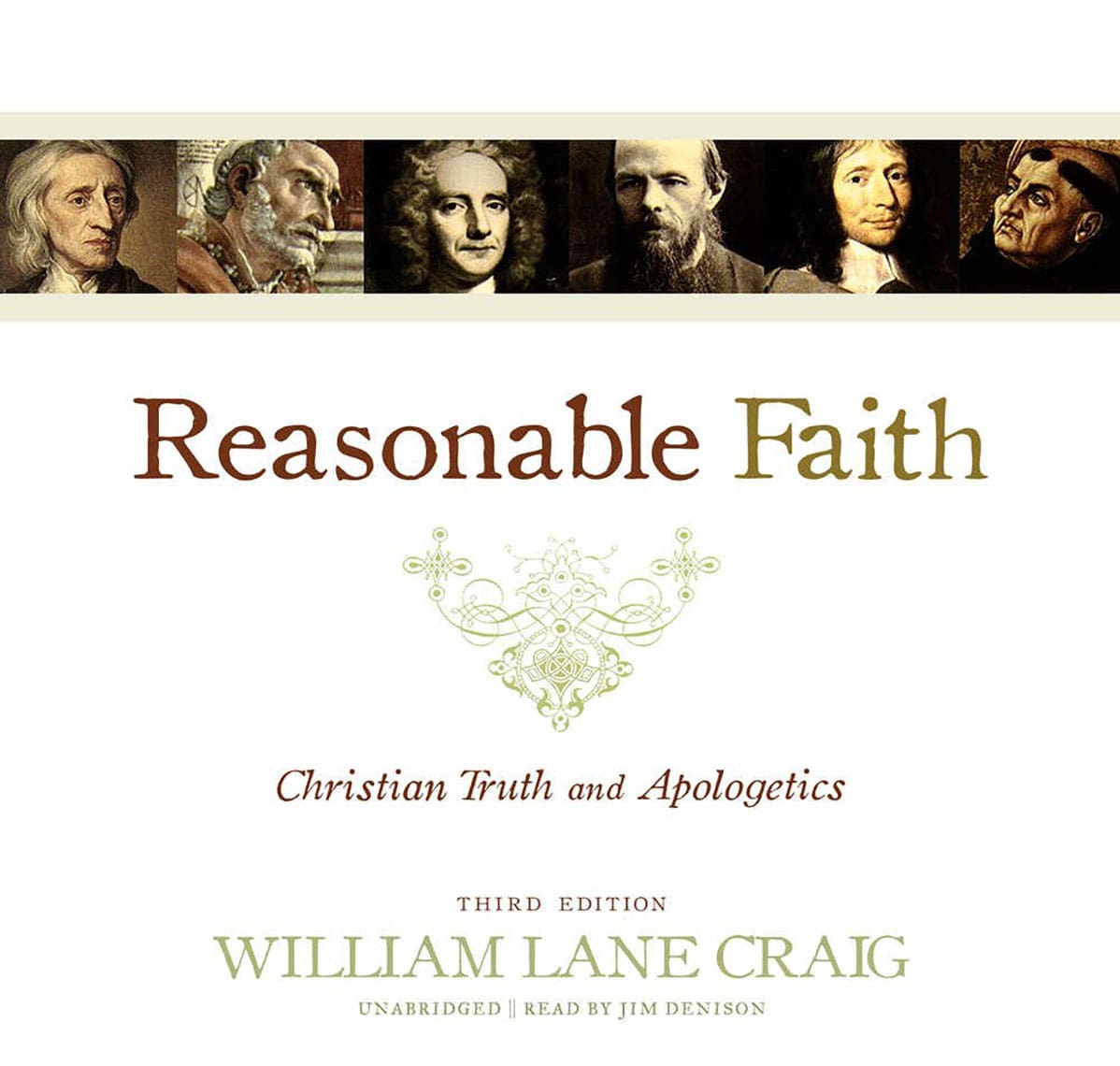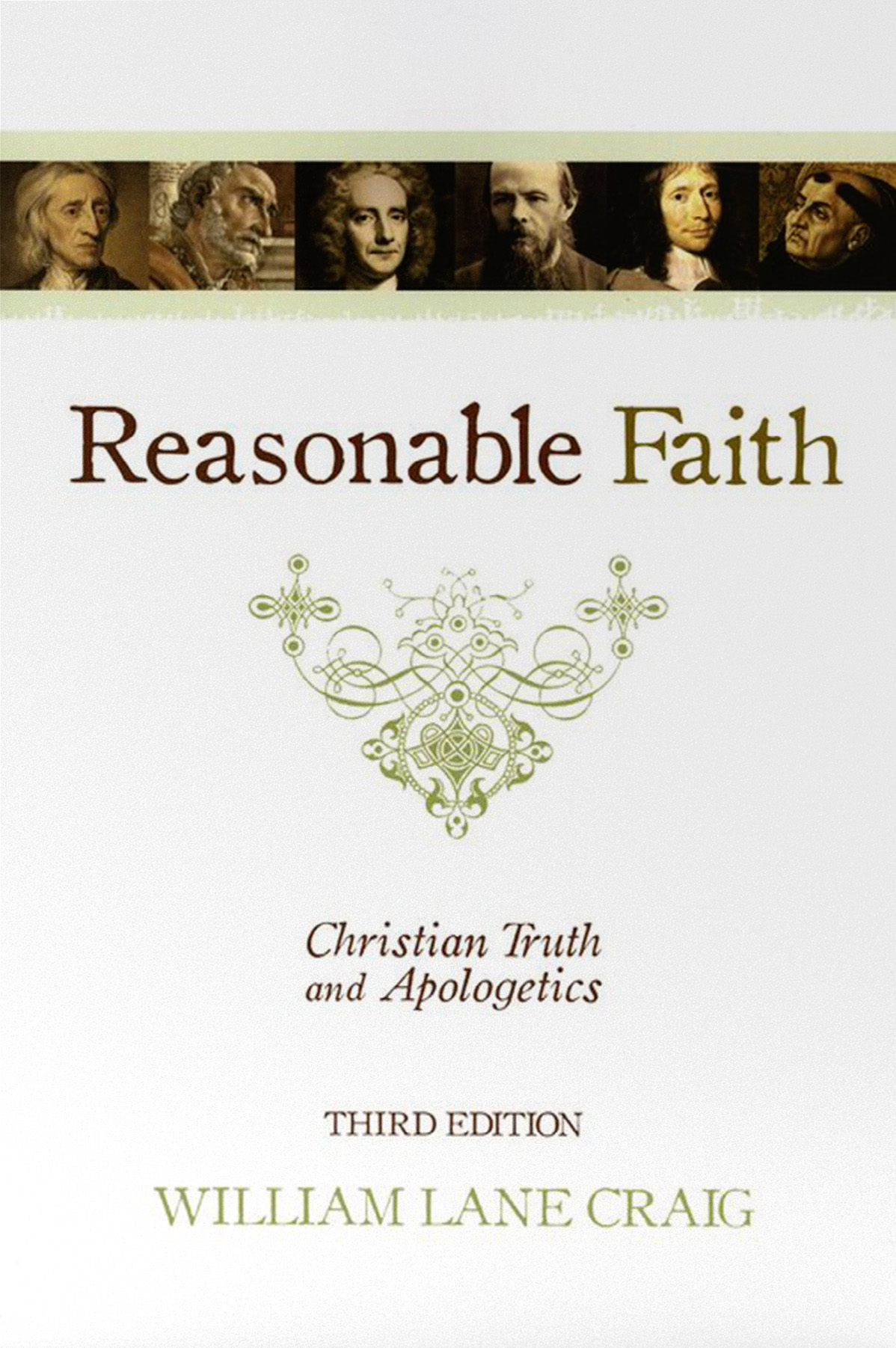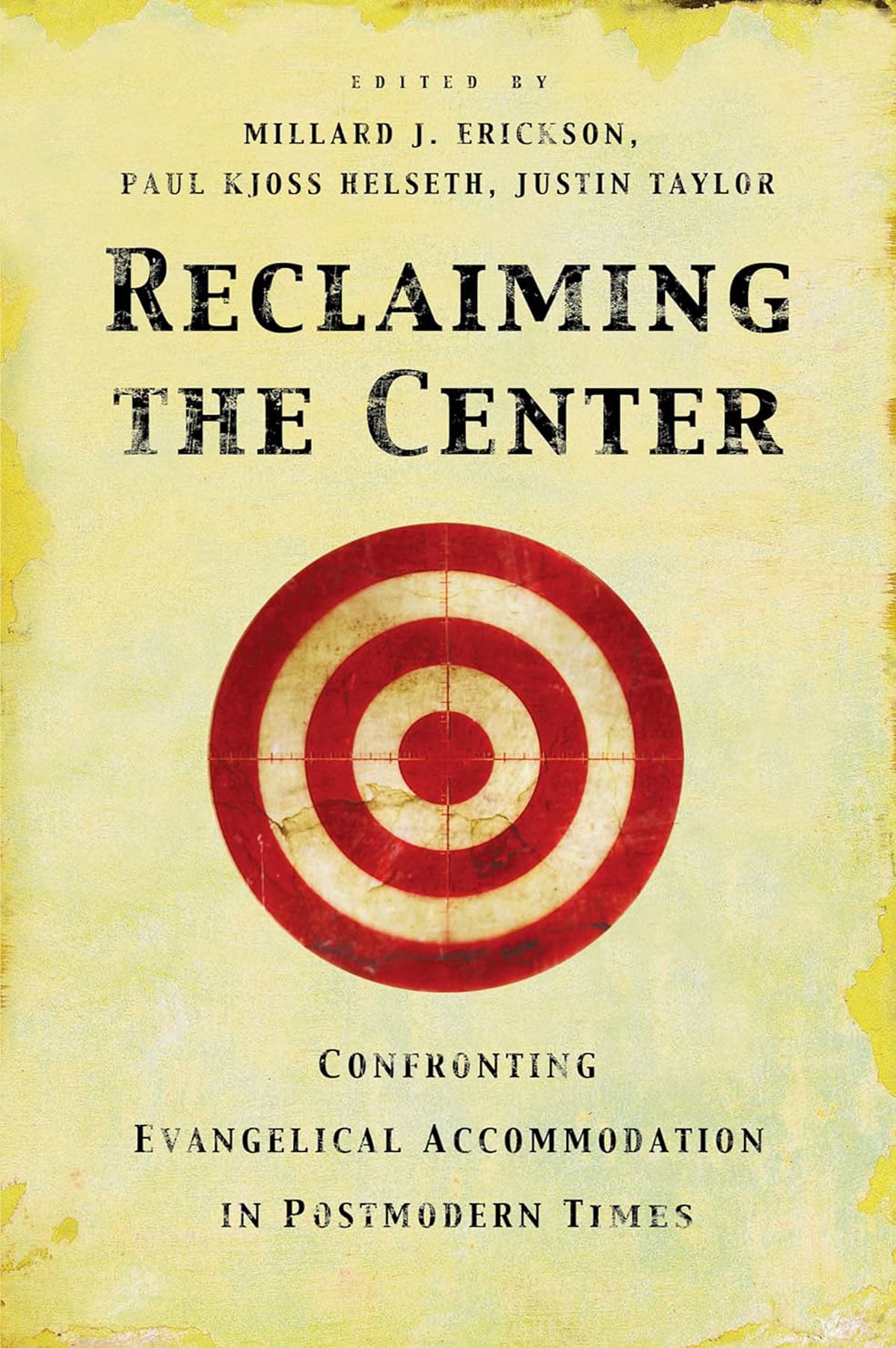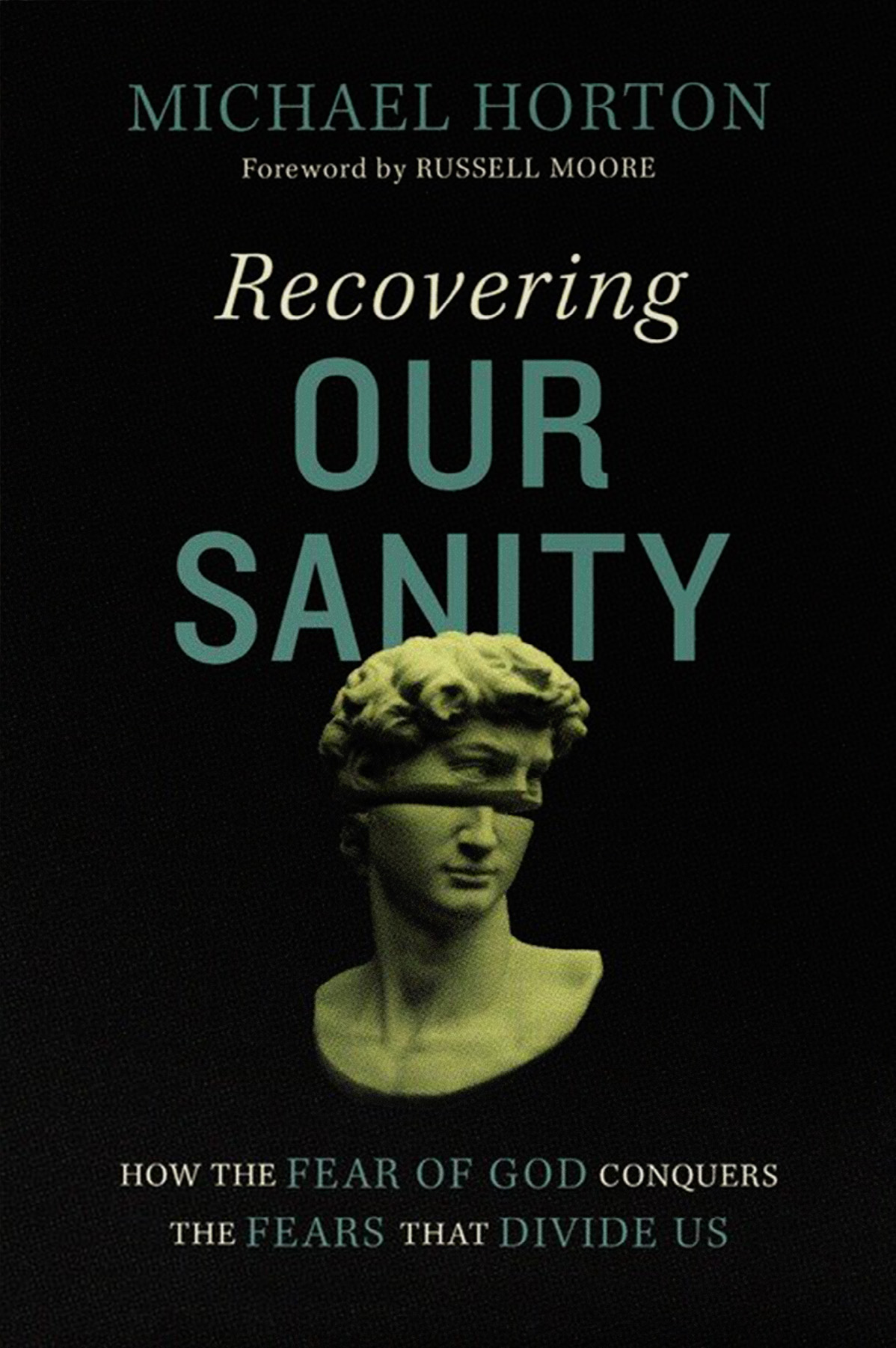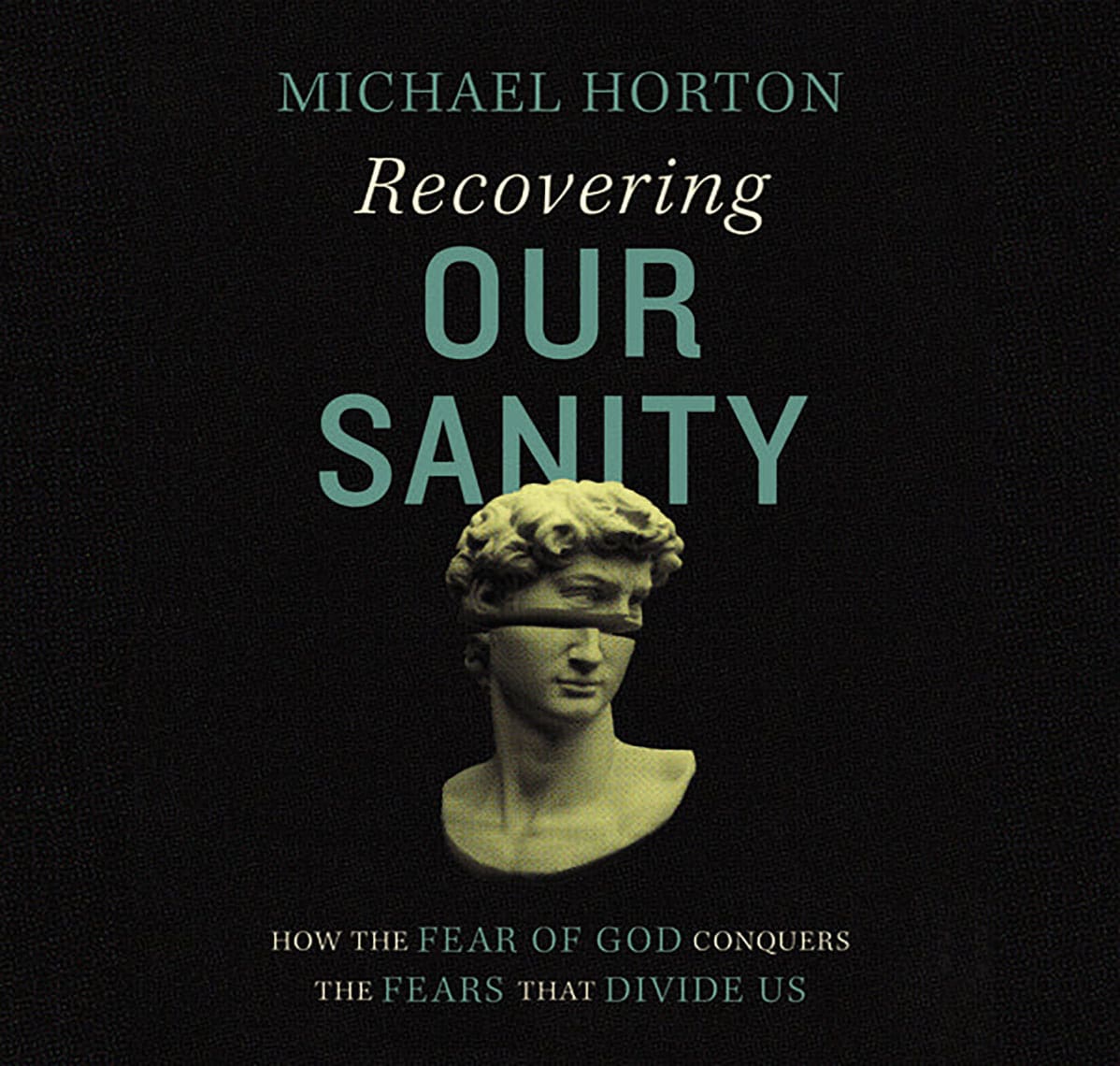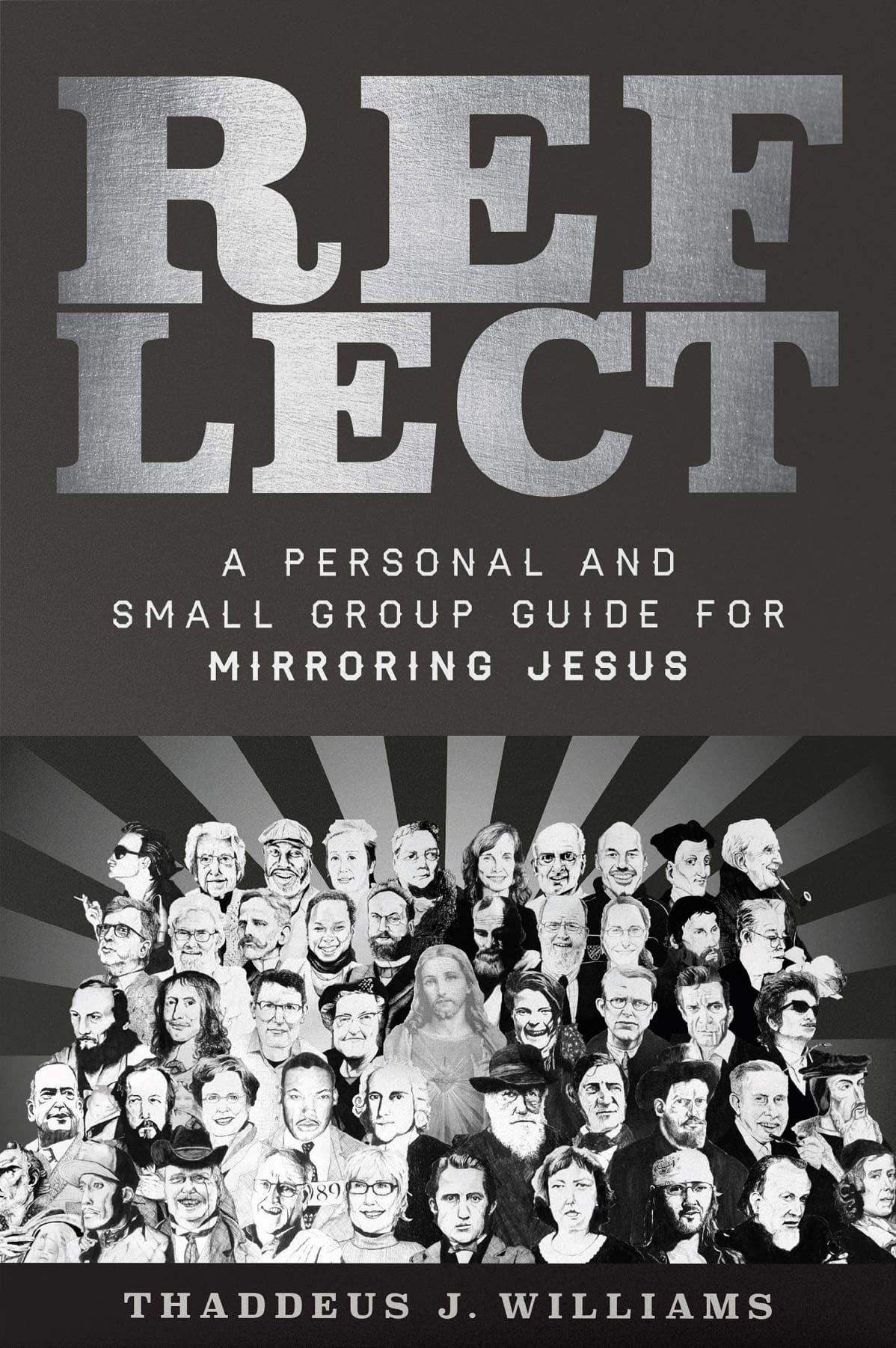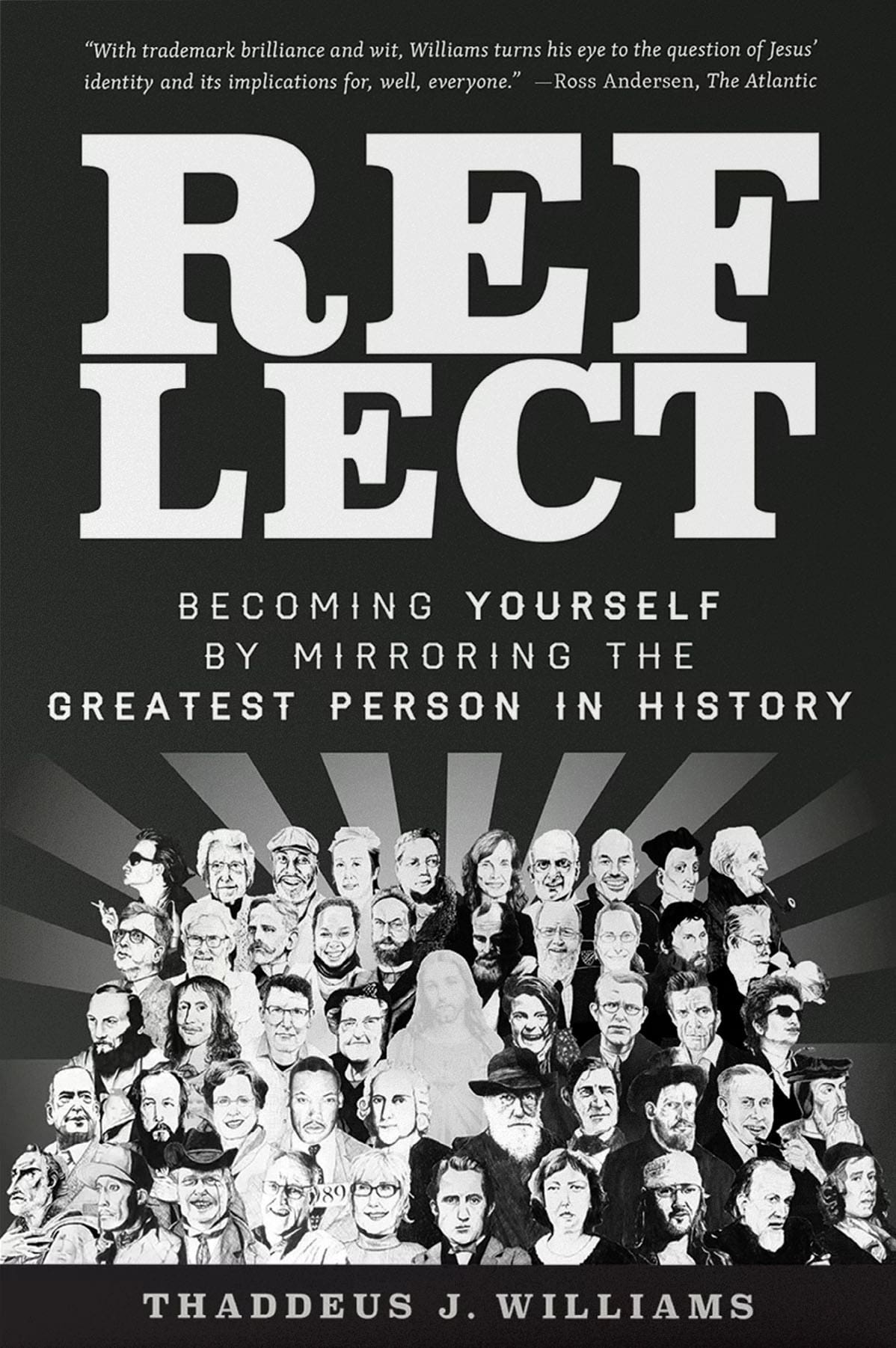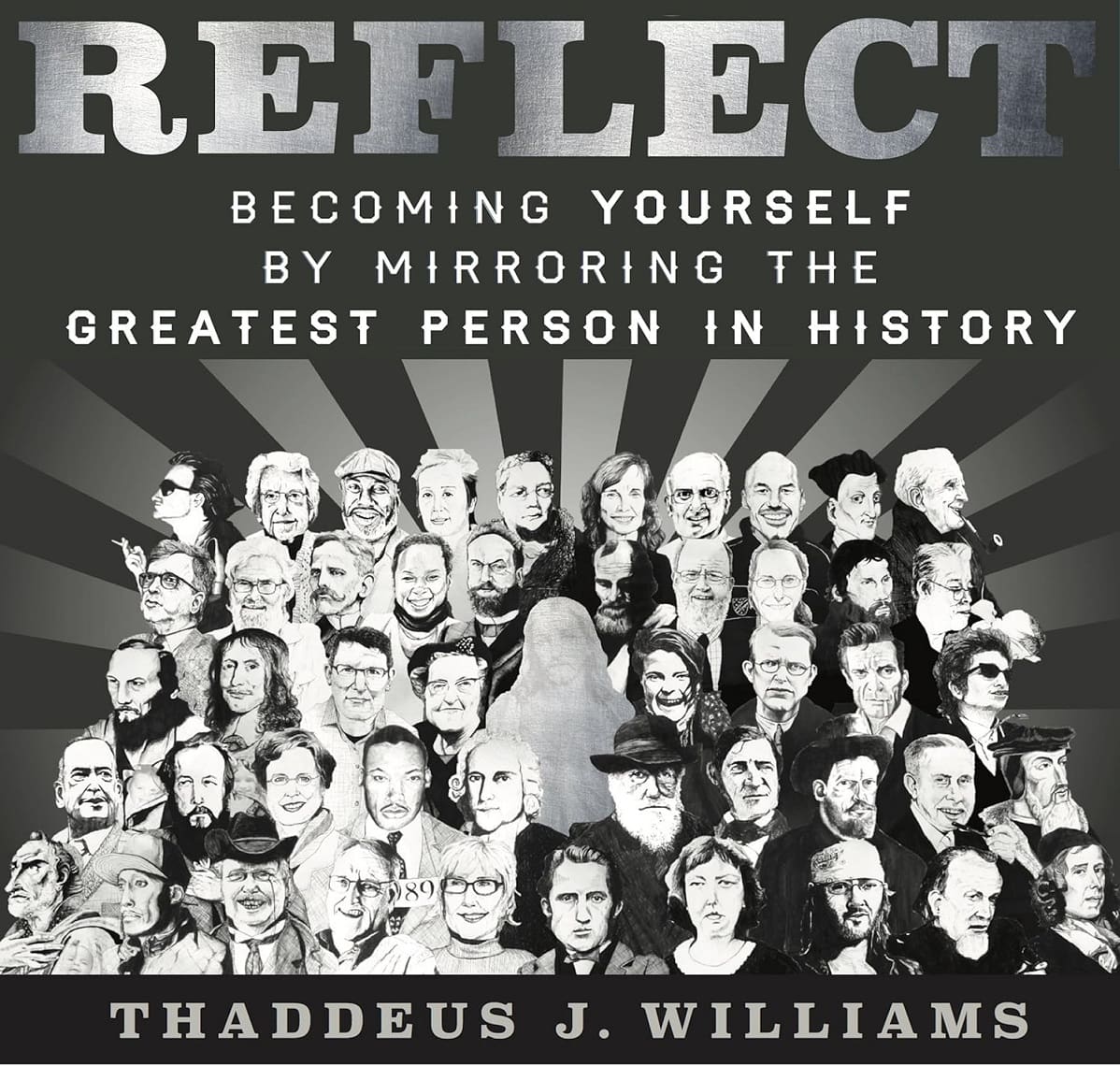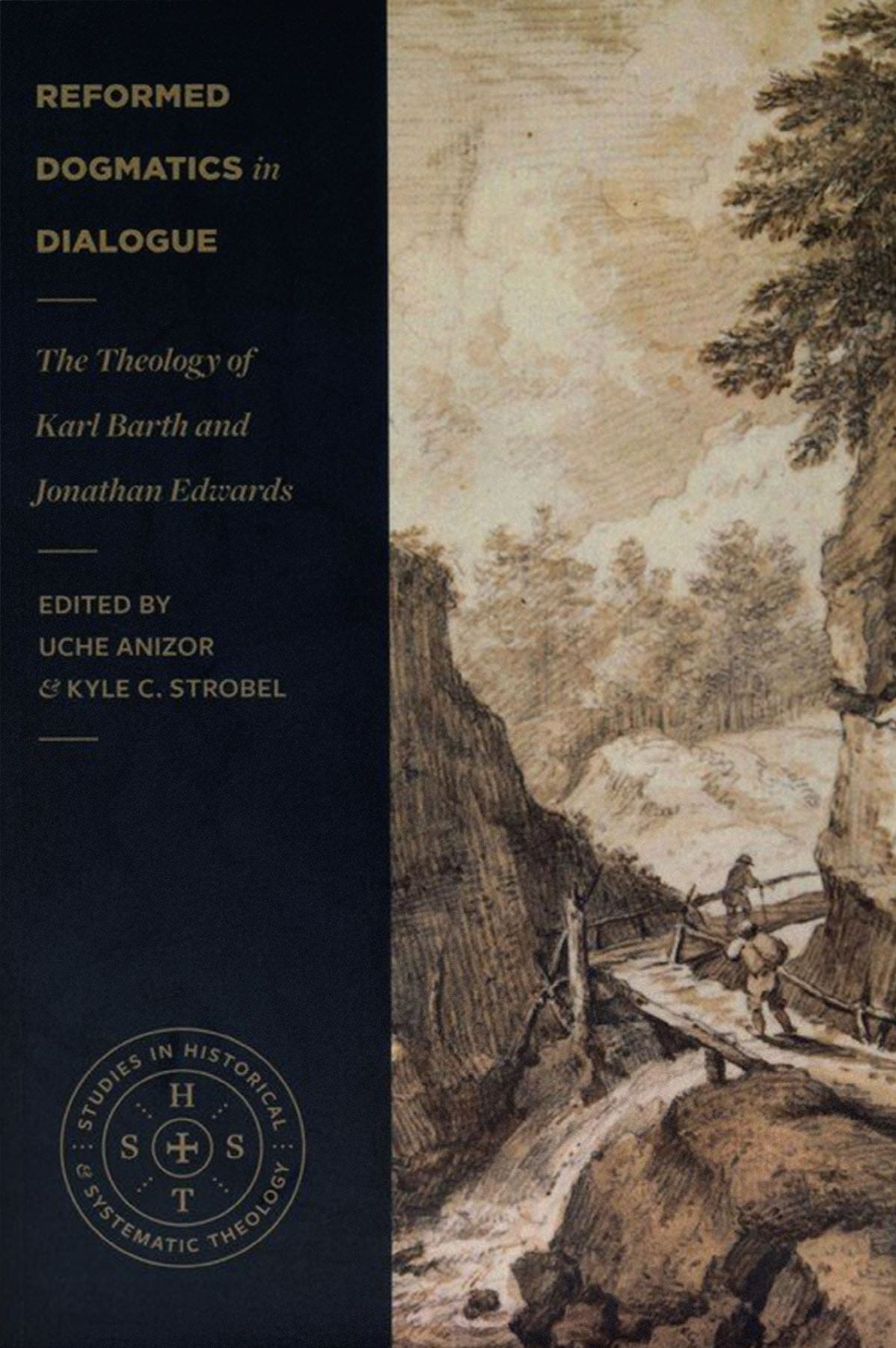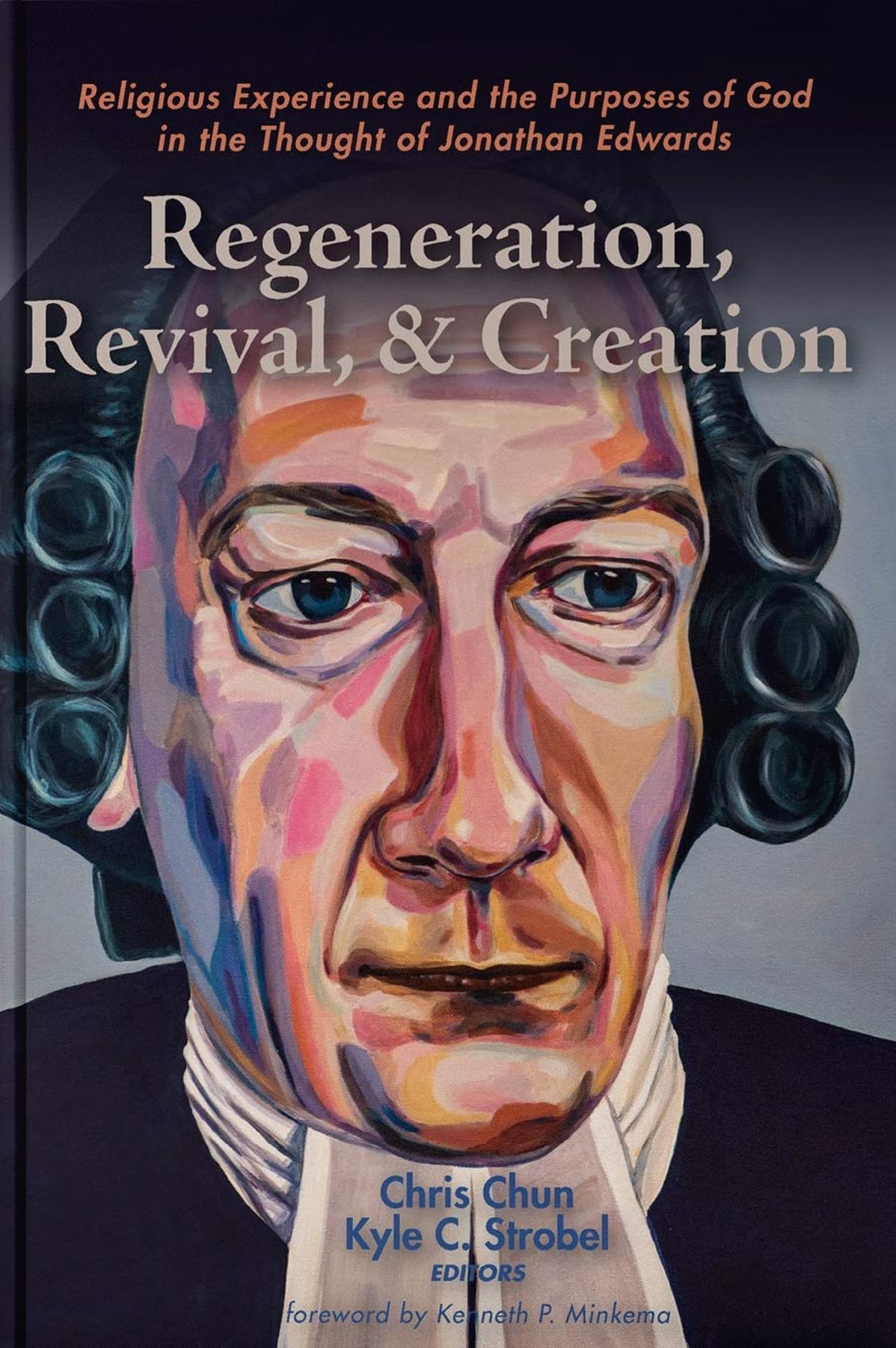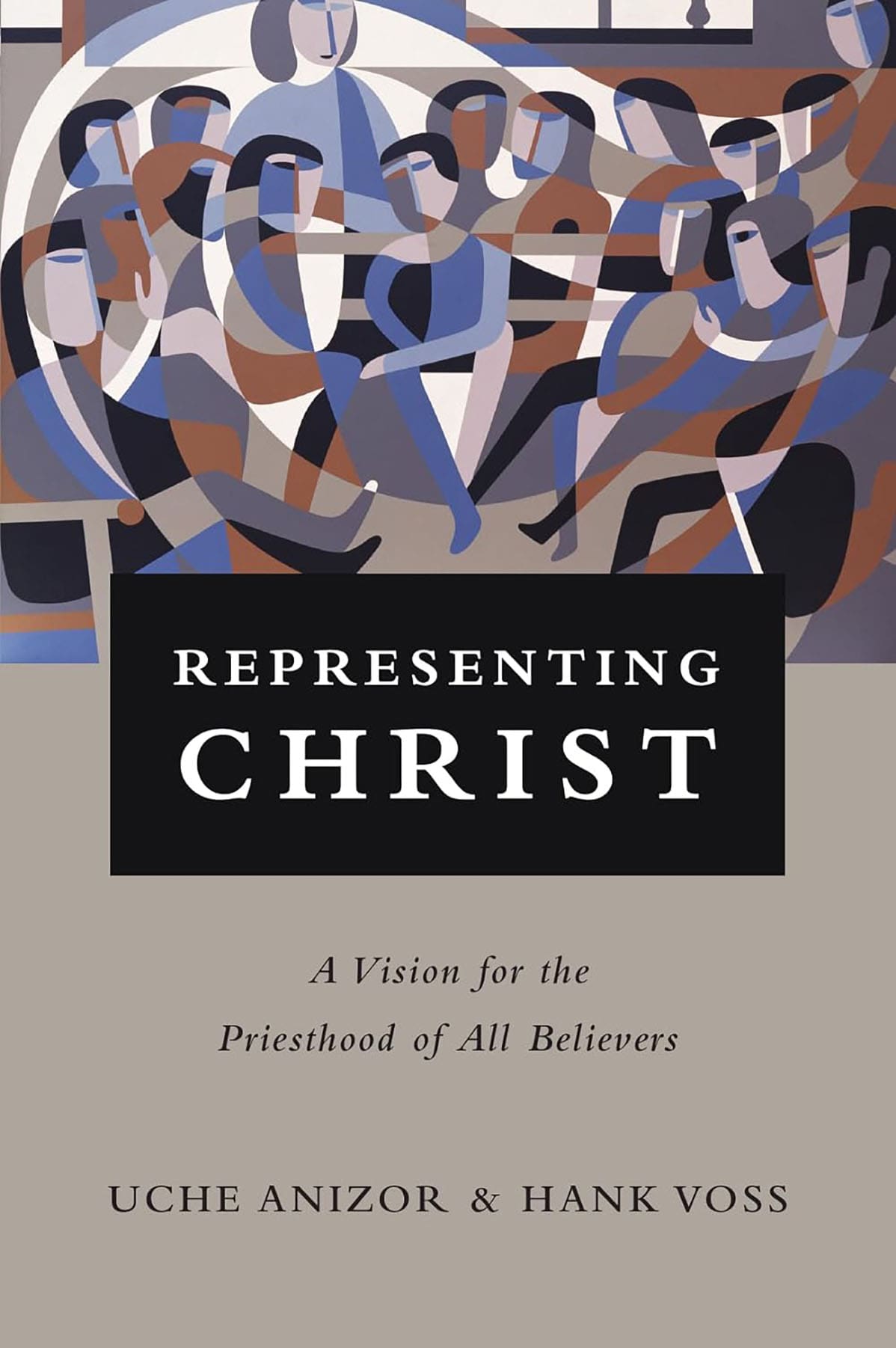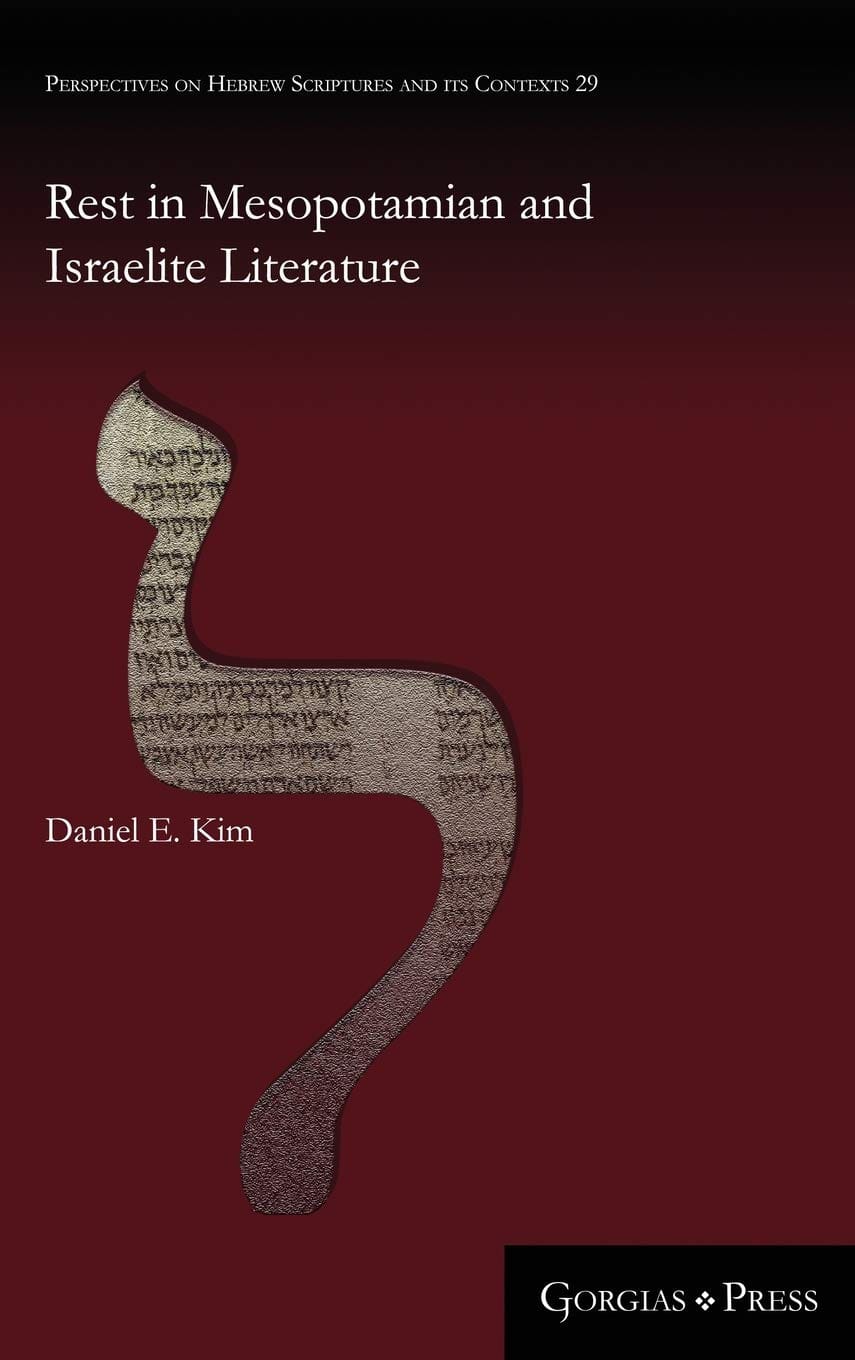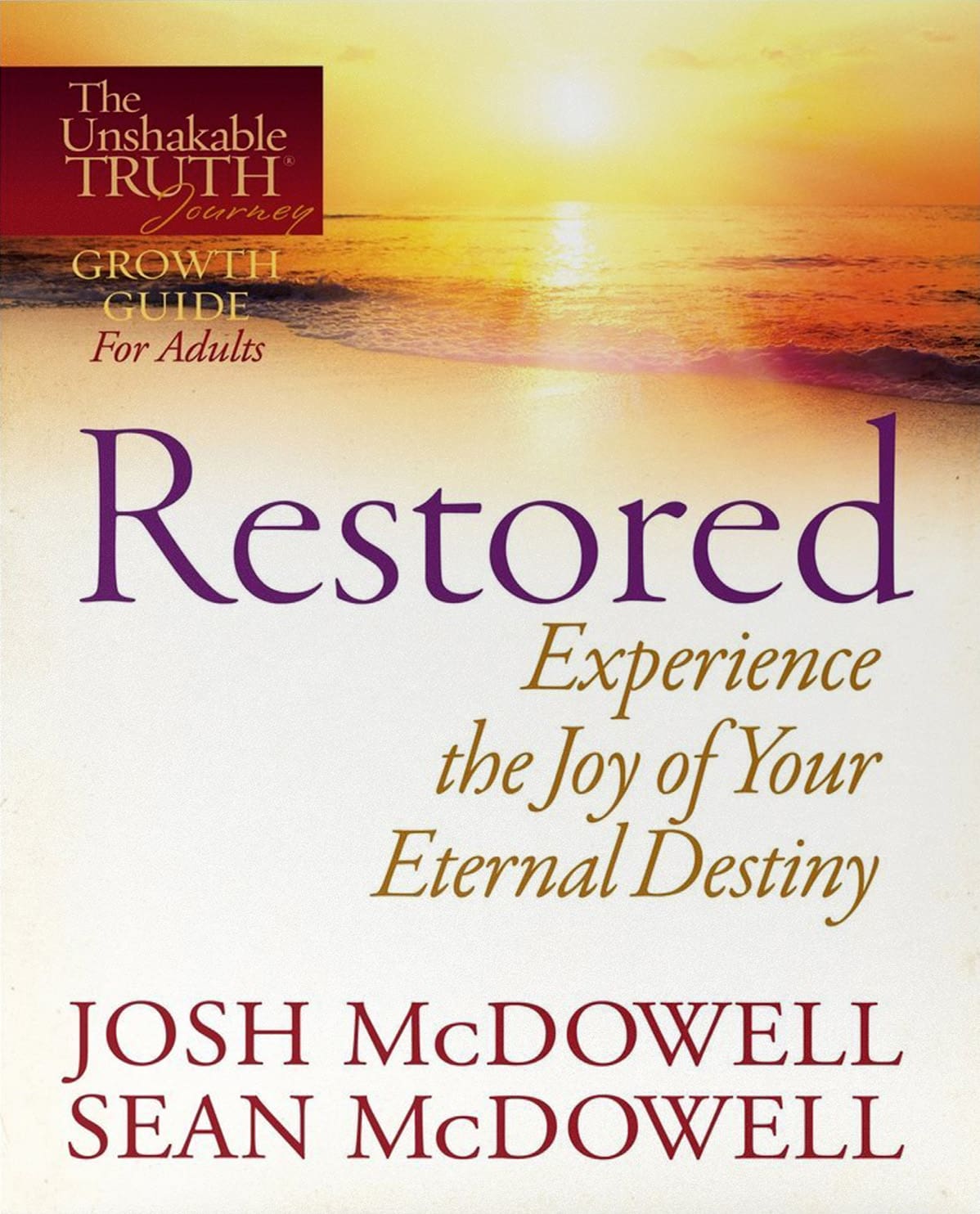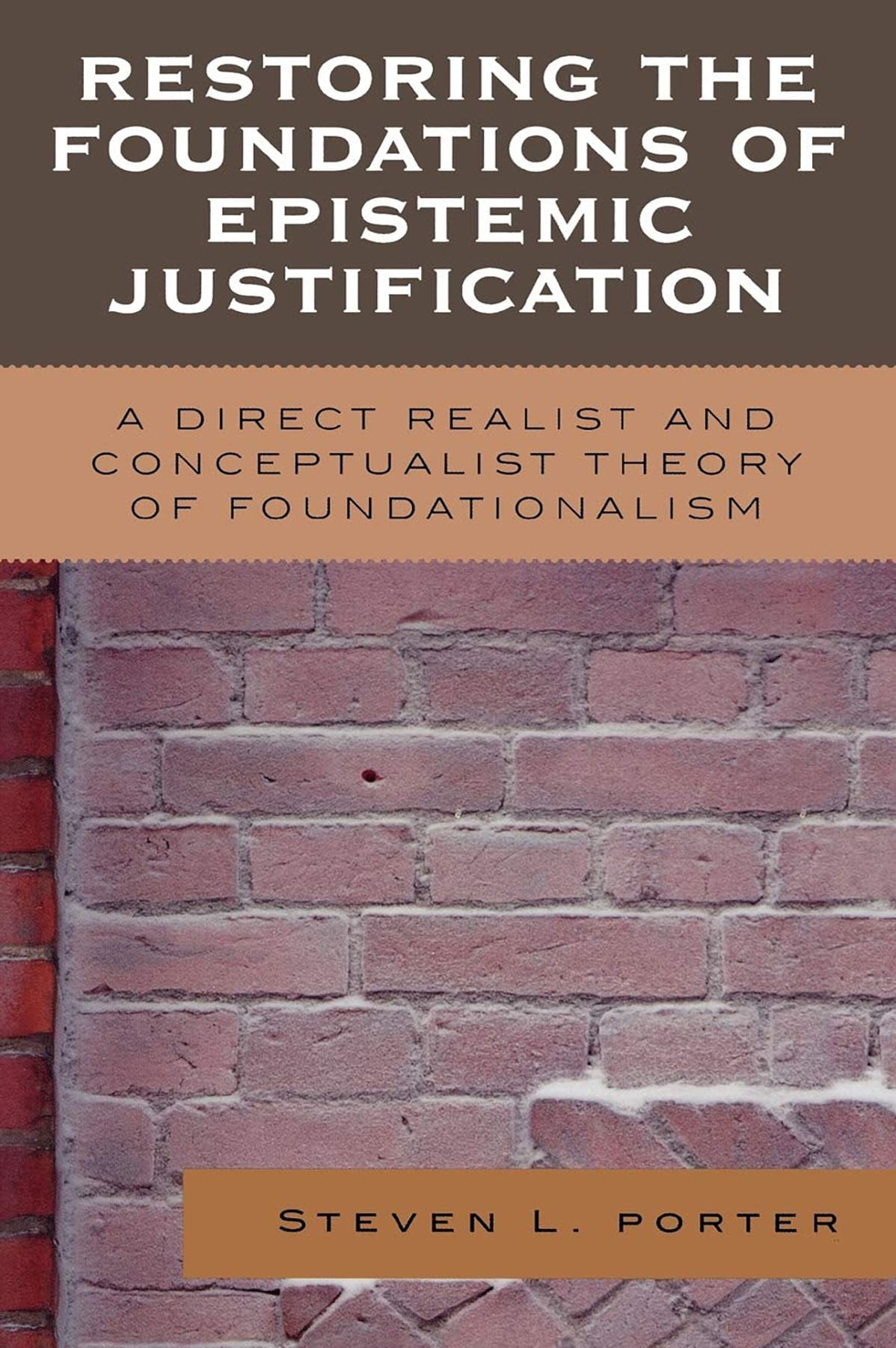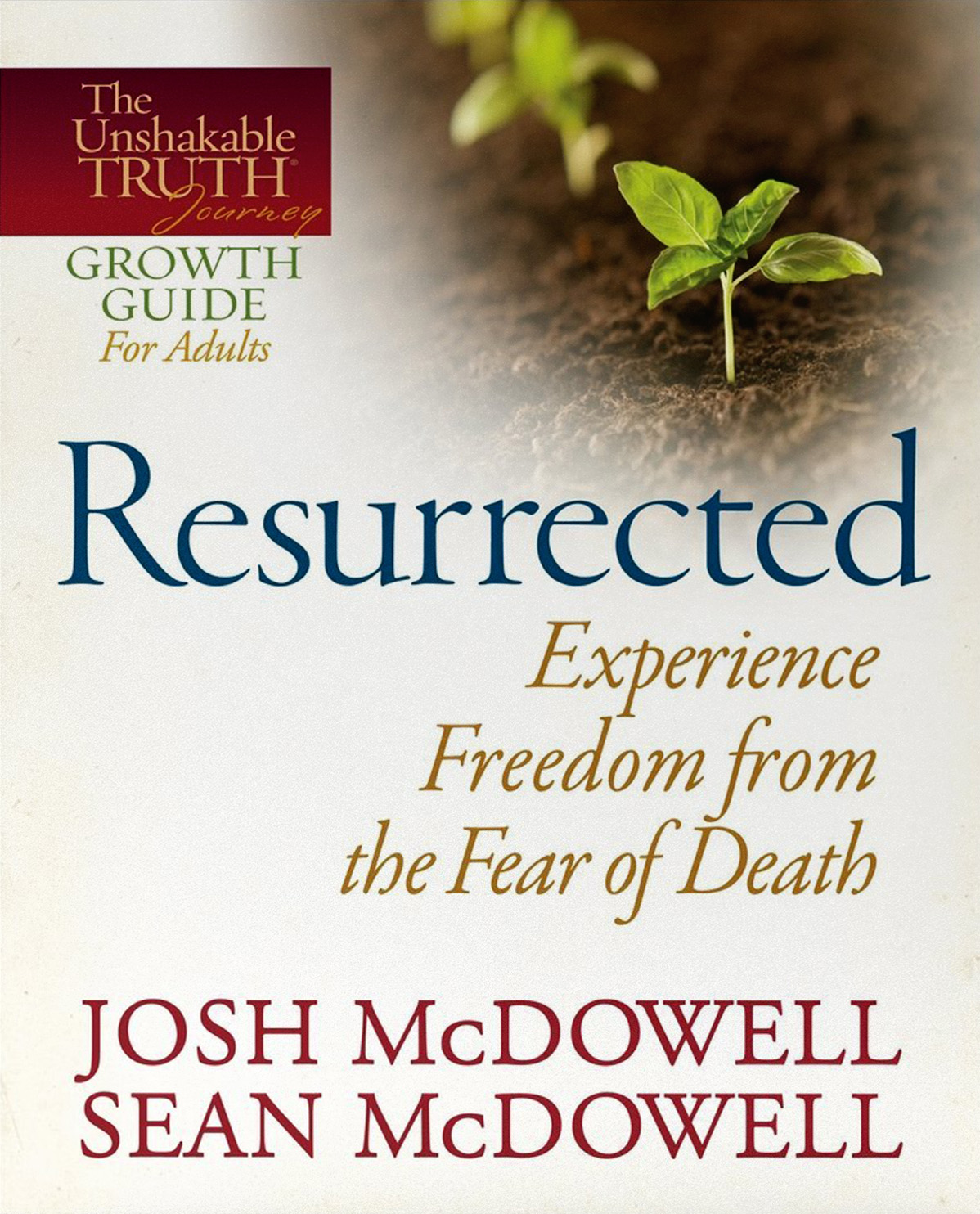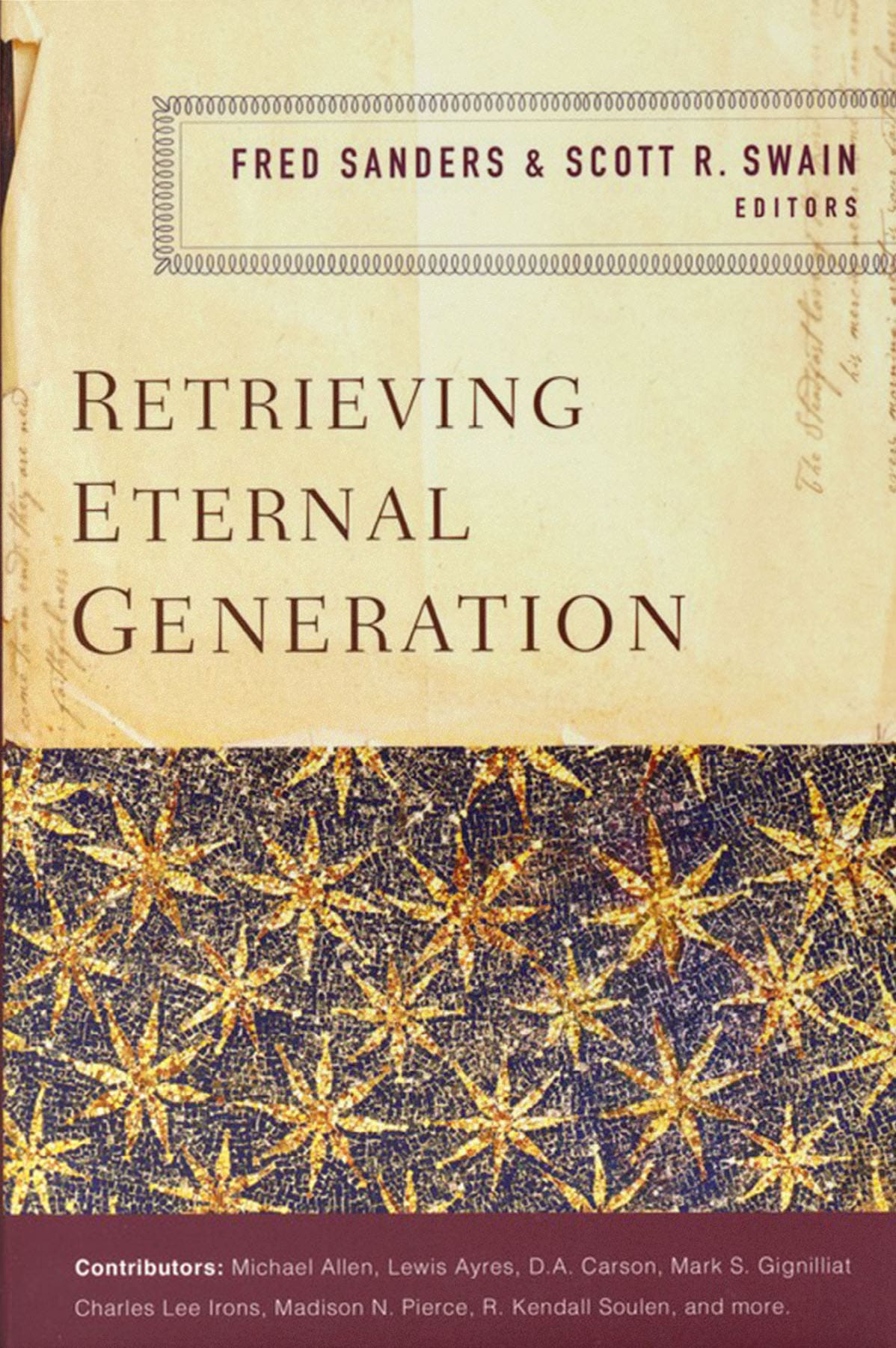Reading James with New Eyes: Methodological Reassessments of the Letter of James
The letters of James, 1 and 2 Peter, and Jude are among the most neglected letters of the New Testament. Reading James With New Eyes is the first of four volumes that incorporate new research in this area. The essays collected here examine the impact of recent methodological developments in New Testament studies to the letter of James, including, for example, rhetorical, social-scientific, socio-rhetorical, ideological and hermeneutical methods, as they contribute to understanding James and its social context. Each essay has a similar three-fold structure, making them perfect for use by students: a description of the methodological approach; the application of the methodological approach to James; and a conclusion identifying how the methodological approach contributes to a fresh understanding of the letter.

